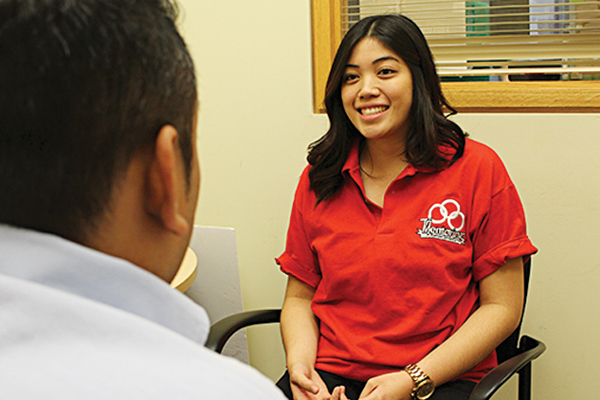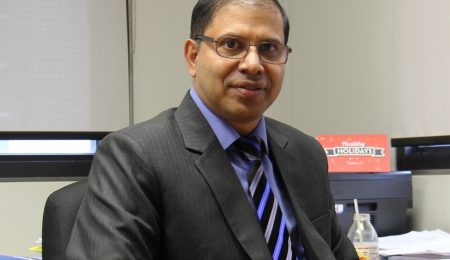Photo by Rhiannon Joseph/Ryersonian
TORONTO (CUP) — Some Ryerson educators aren’t surprised at a study that says teachers who don’t believe in students might negatively affect their success.
“Am I surprised? No. Am I disappointed? Yes,” said Wendy Cukier, founder of the Diversity Institute of Ryerson University. “We know unconscious bias is everywhere and we have to work to combat it.”
Cukier was commenting on a recent study published by the Center for American Progress (CAP), which says students from low-income families and diverse racial backgrounds may suffer in school based on their teachers’ expectations.
It found that teachers had less faith in some students being accepted into university: 42 per cent less likely for Hispanic students, 47 per cent less likely for black students, and 53 per cent less likely for students from low-income families.
“For us, what was surprising was that individuals (whose teachers had high expectations) were three times more likely to graduate from college,” Ulrich Boser, a CAP researcher, told the Huffington Post.
The study suggests the theory of a self-fulfilling prophecy: If you believe something will happen, you will consciously or subconsciously try to achieve it.
For some at Ryerson, the study wasn’t particularly revealing, and shone light on an issue they’ve been combating for years.
“I’ve had students come up to me and talk about how difficult it was to grow up in their neighbourhood,” said Mariam Hashemi, a program facilitator for Ryerson’s Tri-Mentoring Program. “The expectation was that you’re not going to go anywhere and that you had limited choices on your future. Now that those students have crossed those boundaries, it paves a path and creates a way for others to look at them as role models.”
Read the original story from the Ryersonian
Ryerson president Sheldon Levy said this is the first time such an issue has come to his attention.
“I have never heard anything like that,” Levy said.
The First Generation project, a branch of Ryerson’s Tri-Mentoring program, offers support to students who are the first in their families to attend university. Student mentors help to provide support for students in their own communities.
Zayan Rafeek, First Generation engagement ambassador and fourth-year business student at Ryerson, remembers discouraging experiences with his high school teachers.
“There was one particular teacher that kept telling me that I would drop out of university in my first year,” said Rafeek.
“It’s sad to see teachers who should be encouraging students to follow their passion tell them otherwise. Even if you think you can do it, when you hear someone say you can’t every morning, five days a week, you start doubting yourself.”
Programs such as First Generation help individuals who may not have thought about attending university, perhaps based on their background, community, or lack of encouragement in high school.
Mohamed Moustapha, a Ryerson student and mentor at the First Generation Project, is one of those students.
Moustapha, who grew up in a neighbourhood characterized by public-housing units and high crime rates has taken advantage of programs aimed at his demographic.
“I love my neighbourhood but I’ve always wanted to do bigger and better things,” said Moustapha. “And school is a driving force to obtain that success.”





